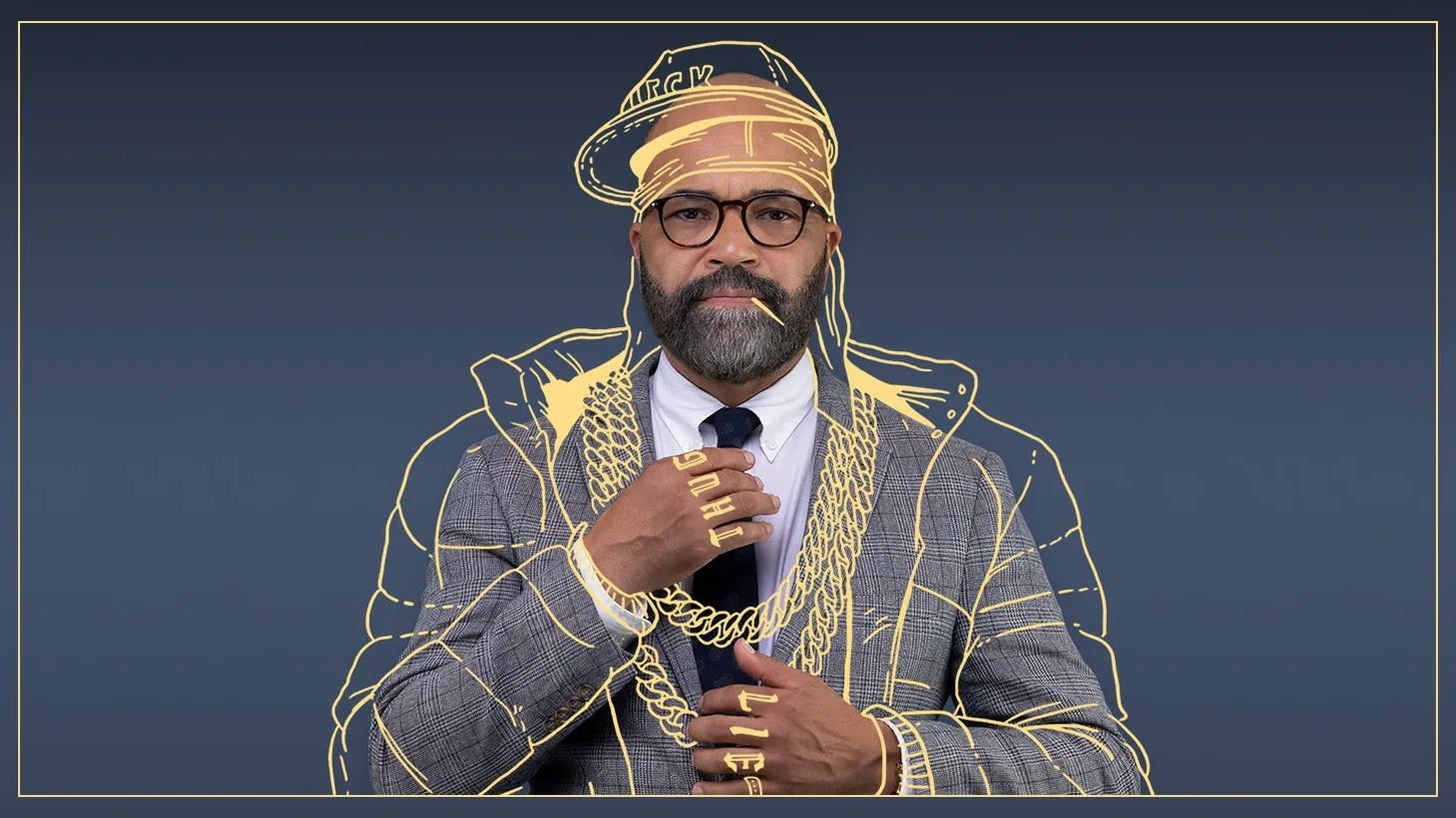What Authors and Publishers Can Learn from American Fiction
Updated: Feb 2
This isn’t a review of "American Fiction" (there are several the internet can offer). Instead, this post helps examine what we as writers and publishers can learn from this film that holds up a mirror to see the choices made when writing and publishing historically marginalized characters.
"American Fiction" is about race, and like the title says, America's particular fascination with the stories it tells about race. In the movie, adapted from the book "Erasure" by Percival Everett, author Monk Ellison (pen name Stagg R. Leigh) journeys from being a good author to an acclaimed one (notice acclaimed and good and not mutually inclusive). Monk's books (retellings of Ancient Greek myths) are not about race or the Black experience but they don't sell. So as a joke he writes "My Pafology," a tale of Black characters living in a ghetto world of urban violence he doesn’t believe will sell to prove a point - those kinds of books are not as good as the ones he prefers to write.
In his real life Monk sees himself and his family as far away from the exaggerated mocking of African American Vernacular English, baby daddies, absent fathers, and police brutality he writes in "My Pafology." Monk has a PhD ( the only non-medical doctor in his family), they have two homes, live-in domestic help, and unironically refer to their mom as “mother.” To Monk, he and his family are not the version of the Black experience white media wants to peddle, one with, Monk tells his agent, “deadbeat dads, rappers, crack.”
The film rightly denounces the narrow representation of Black life in books like "My Pafology" - stories that are often lauded as “important," but as the movie points out, not necessarily well written. As a sensitivity reader, I feel comfortable speaking for all of us when I say this is what we try to prevent - the narrowest representation of our identity. These representations are harmful because they become the only thing we’re allowed to be. If you don’t square with that representation the question honestly gets asked… are you really even Black?
But Monk is not without fault. His self-righteous criticism of popular books featuring the characters he hates comes from what he sees as the media ignoring the full potential of Black Americans. “Potential is what people see when they think what’s in front of them isn’t good enough,” Monk’s writing foe responds. A jarring moment for Monk to come to terms with his own stereotyping learned from the media around him. The very insightful line from Monk's brother Cliff, “People want to love you, Monk. You should let them love all of you” isn't only about Monk’s family and romantic relationships. It's also a lesson in loving the full “Black” experience.
If you were wondering, "American Fiction" isn't just about race. Themes of being authentically seen are also highlighted by Clifford, Monk’s recently “out” younger brother. “I think in the middle of his life, he's at a place where he has spent the majority of it trying to play the game by other people's rules for him, and he realizes that doesn't work for him,” actor Sterling K Brown said about Clifford.
The satire in "American Fiction" successfully shows the impact these narrowly defined representations have on the people they claim to represent. It also speaks to the blinders they allow white people to wear for the sake of easing their discomfort or soothing their guilt. “White people will be feeling — let’s be honest — a little conscience stricken,” the marketing person at the agency says when they suggest a Juneteenth release of "My Pafology."
In the film two Black authors offer genuine critiques of My Pafology's craft and merit to the white characters they were outnumbered by. The white characters decide their praise of the book trumps the Black characters’ concerns because “it is important to listen to Black voices.” The two Black voices in the room were stunned to silence.

